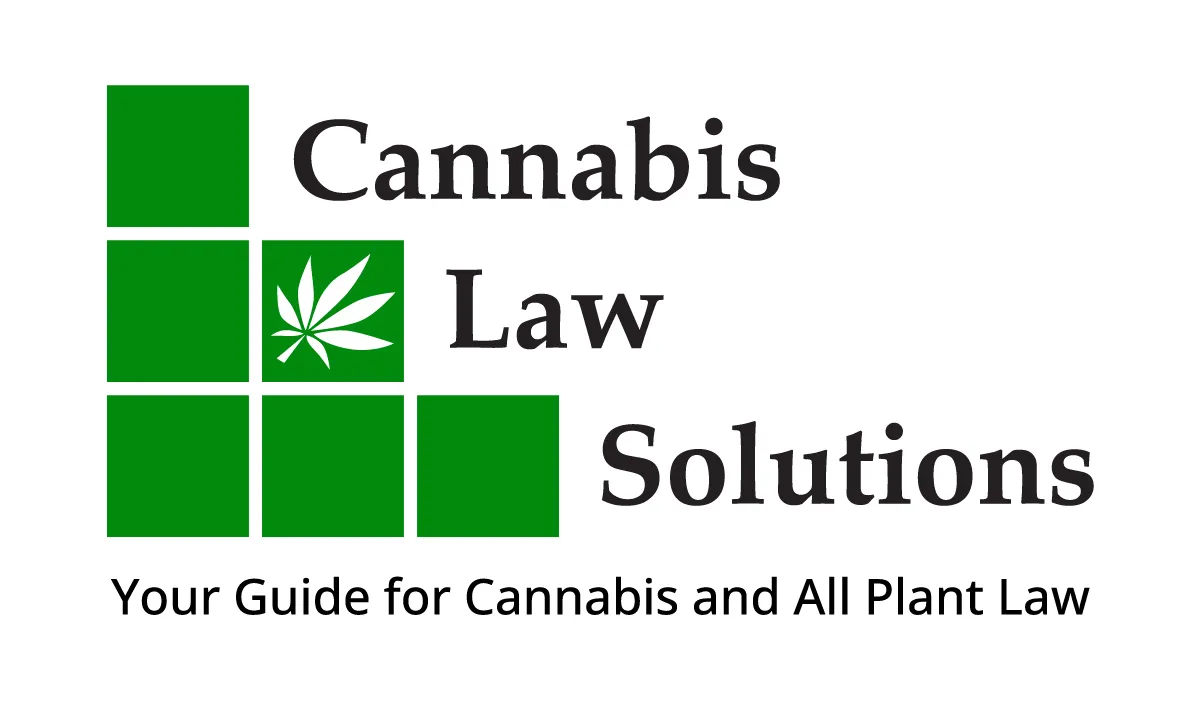By: Judith Cassel
On July 14, 2016, the Trademark Trial and Appeal Board (TTAB) of the U.S. Patent and Trademark Office dealt marijuana entrepreneurs yet another blow by affirming the Trademark Examining Attorney’s refusal to register “HERBAL ACCESS” to a retail store selling herbs, including marijuana.[1]
TTAB found that because in order to obtain a federal service mark registration “the use of a mark in commerce must be ‘lawful,’” that such mark must be lawful under federal law.[2] Therefore, TTAB determined that simply because a “product or service may be lawful within a state is irrelevant to the question of federal registration.”[3]
Despite TTAB’s decision, Pennsylvania medical marijuana entrepreneurs can take heart that the story does not end there. Pennsylvania provides businesses, such as medical marijuana companies, a mechanism under which they can protect both their design marks and word marks through registry with the Commonwealth. The Bureau of Corporations and Charitable Organizations (BCCO) of the Pennsylvania Department of State administers trademark applications and registrations for trademarks. Although the BCCO does not provide “intent to use” applications, it does approve marks that are in use in Pennsylvania.
The application, registration, use, and enforcement of trademarks in Pennsylvania are governed under the Pennsylvania Trademark Act.[4] Specifically, section 1111 of the Pennsylvania Trademark Act protects a registrant of a trademark from others who would attempt to use a mark which resembles the registered trademark. Section 1123 protects registrants from anyone else’s infringement or unconsented use of its trademark. The Pennsylvania Trademark Act has many other specific requirements pertaining to registrations, assignments and renewals; therefore, legal counsel should be sought to assist with these requirements.
In summary, while the TTAB may not currently register trademarks of medical marijuana businesses, a trademark of a medical marijuana company may still be protected under Pennsylvania law.
[1] In Re Morgan Brown, 119 U.S.P.Q.2d 1350 (P.T.O. July 14, 2016).
[2] Id.
[3] Id.
[4] 54 Pa. C.S. § 1101 et seq.
 717-703-0804
717-703-0804